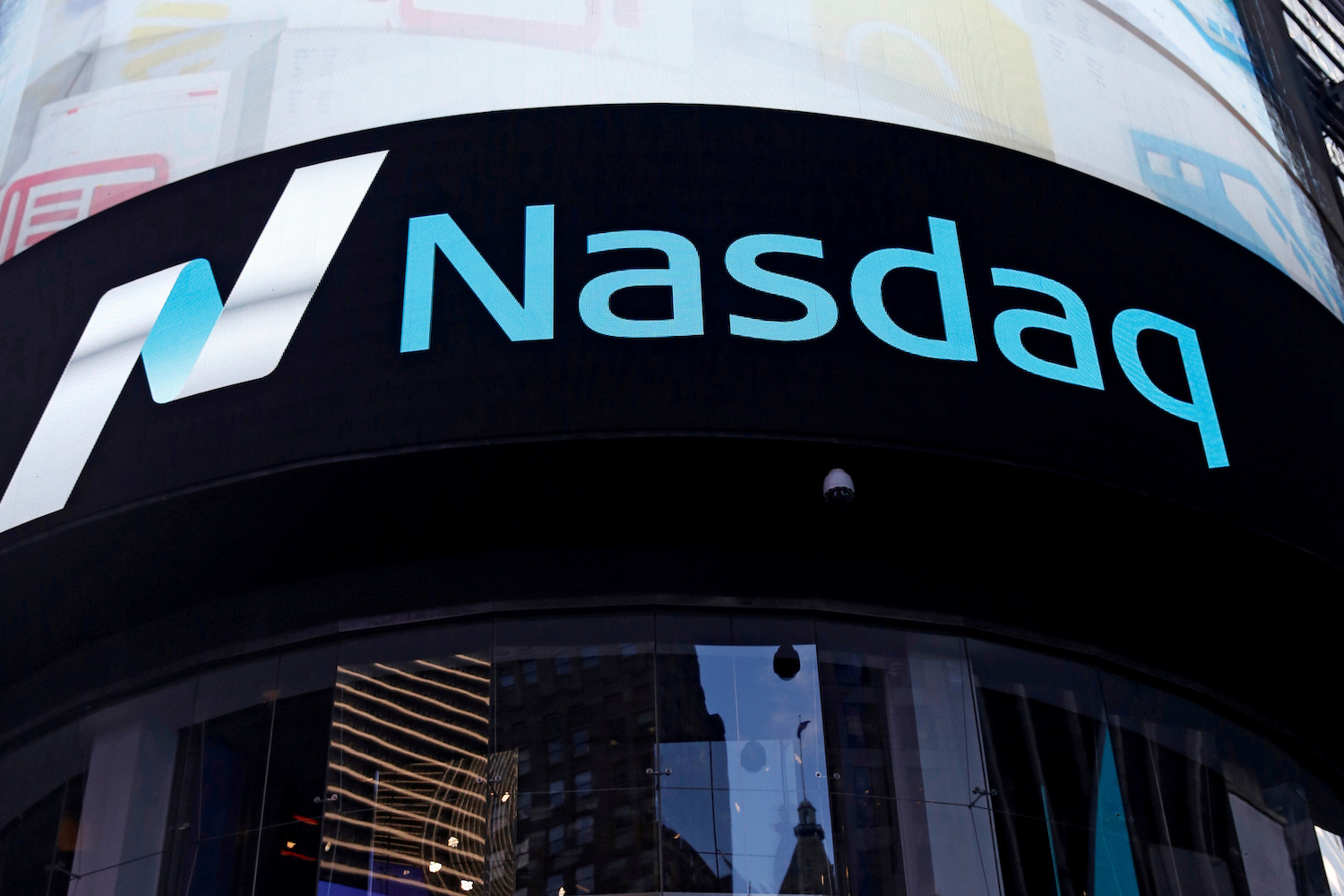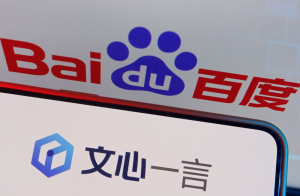(ATF) Credit Suisse and Nomura saw their shares slump on Monday March 29, as they disclosed likely losses from exposure to Archegos Capital. If they and other banks cut back exposure to funds via their prime broking divisions there could be further forced sales of widely traded stocks.
Credit Suisse shares fell by 14% and Nomura closed down by 16.3% for its biggest ever single day drop after they disclosed that they face big losses from their exposure to Bill Hwang’s fund Archegos Capital. Nomura said it could lose $2 billion and speculation about exposure for Credit Suisse ranged from $1 billion to levels substantially more than Nomura.
The two banks were criticised for failing to cut exposure to Archegos as fast as Goldman Sachs and Morgan Stanley, which led block trading sales of over $20 billion of shares including US-listed stock of Chinese firms Baidu and Tencent Music on Friday.
Major markets were calm on Monday, with indices such as the S&P 500 and Nasdaq barely changed, indicating that there is no immediate systemic risk from the unwinding of positions due to margin calls to Archegos by its prime brokers.
But the scale of the losses at Credit Suisse and Nomura, and the effect on their own stock prices, could lead to a broader reassessment by banks of the exposure they take via the prime brokerage units that provide leverage to hedge funds and similar borrowers.
The banks with the leading prime brokerage divisions – Goldman Sachs, Morgan Stanley and JPMorgan – did not see as dramatic a downturn in their own stock prices on Monday, though the entire banking sector fell in value.
Family office
Senior managers at these firms might nevertheless also reexamine risk in the light of the need for a dramatic unwinding of positions held by Archegos, a family office that effectively functioned like a hedge fund and may have had over $50 billion of exposure, or 5x its capital of roughly $10 billion.
Any moves by the banking sector to reduce the leverage offered to funds could lead to further forced sales of stocks and unwinding of long/short positions.
That could play out in unpredictable ways, but US-listed shares of Chinese companies have been popular with other funds as well as Bill Hwang’s Archegos Capital, as many have combined price appreciation with the volatility that attracts dealers with derivatives exposure.
The US-listed shares of Chinese firms that were hardest hit on Friday – along with large US companies Viacom CBS and Discovery – saw mixed performance on Monday.
Baidu’s Nasdaq-listed shares closed down slightly at -1.87%, while Tencent Music was up marginally at +1.18%, marking little further movement for the two Chinese stocks that saw the bulk of the selling on Friday.
IQIYI fell another -5%, however, while Vipshop Holdings was down -8.72% and online tutoring firm GSX Techedu saw another substantial downward move of -19% in its Nasdaq listed shares.
























